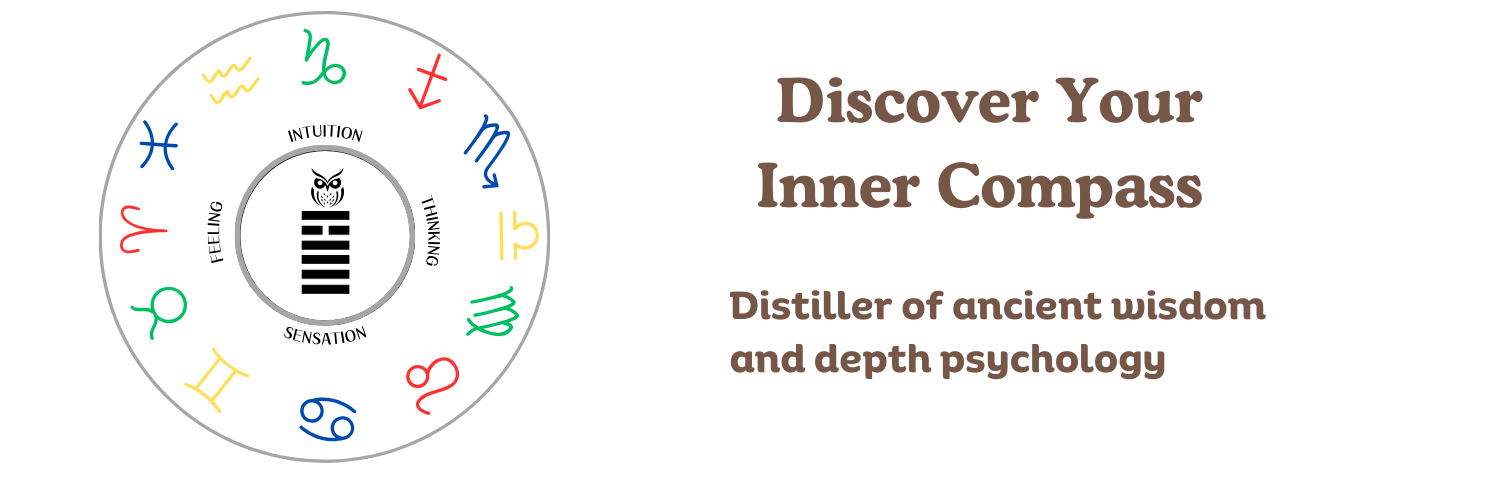The case for hiding
While reflecting on the necessity of retreat, two poles quickly become apparent.
On the one hand, as James Hillman exhorts us to “make soul by living life, not by retreating from the world into ‘inner work’ or beyond the world in spiritual disciplines and meditation.”
A fair point.
Then on the other hand we have Marcus Auerlius with his reminder that “But it is within your power to find solace at any time, by retreating into yourself. When your thoughts are orderly and tranquil, there is no place quieter and more peaceful than your own soul. There, you are free.”
Aaahhh. I like that one.
Hexagram 33: Retreat from the I Ching is what is in play right now for these next several days of Leo season.*
One might not normally associate the bright and bold sign of Leo with retreat. But then again, I did a fair amount of retreating last week due to extra hot weather.
Toss in the Scorpio moon we had for 2.5 days of that and it was a festival of retreating.
The first thing that came to mind as I considered retreat is poet David Whyte’s brief reflection on Hiding:
“Hiding is an act of freedom from the misunderstanding of others…from mistaken ideas we have about ourselves, from an oppressive and mistaken wish to keep us completely safe, completely ministered to, and therefore completely managed. …Hiding leaves life to itself, to become more of itself. Hiding is the radical independence necessary for our emergence into the light of a proper human future.”
David Whyte, Consolations p. 114-15
That seems to strike the proper balance between the two poles discussed earlier – retreat that leads to purposeful emergence.
I’m also making a mental note to revisit that quote during August’s Scorpio moon visit.
Should you find yourself with some time to retreat in the next week, here are a couple of things you could ponder:
*R.L. Wing says that “your retreat should be confident and powerful.” How can you retreat in this way?
*What do you need to do to stay safe and whole in mind, body, and spirit this week?
_____
Schedule an Astrology Consultation | Subscribe to the Monthly Depth Books Newsletter | Contact Me
*The 64 hexagrams of the I Ching, an ancient Chinese text, are arranged along the ecliptic (the celestial equator) in Human Design. In astrology there are 12 zodiac signs along the ecliptic, so there are 5.3 hexagrams per zodiac sign. I’m contemplating these hexagrams as a way to engage with astrology, the I Ching, and Jungian psychology.
References:
The I Ching Workbook by R.L. Wing
The Meditations by Marcus Aurelius, Sam Torode translation
We’ve Had a Hundred Years of Psychotherapy and the World’s Getting Worse by James Hillman
Consolations: The Solace, Nourishment and Underlying Meaning of Everyday Words by David Whyte










